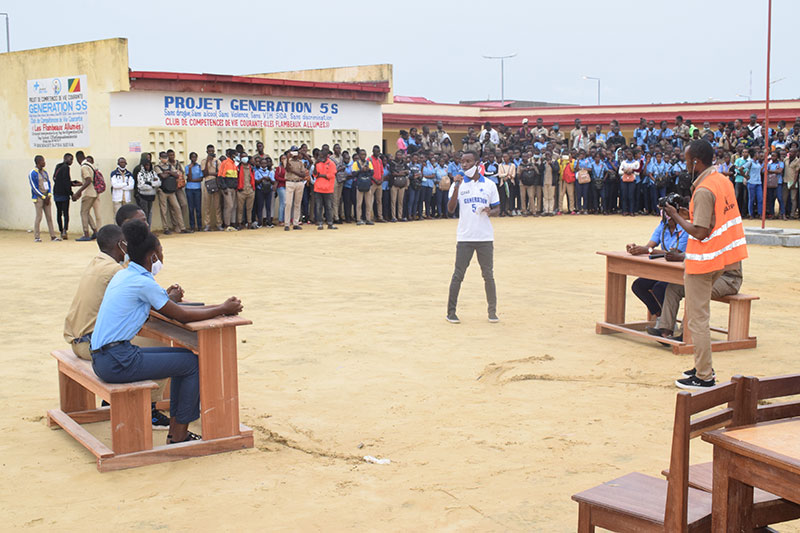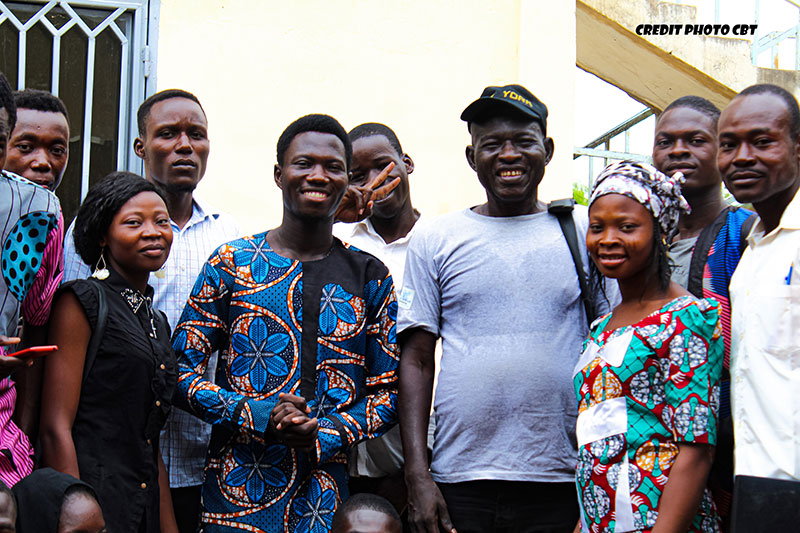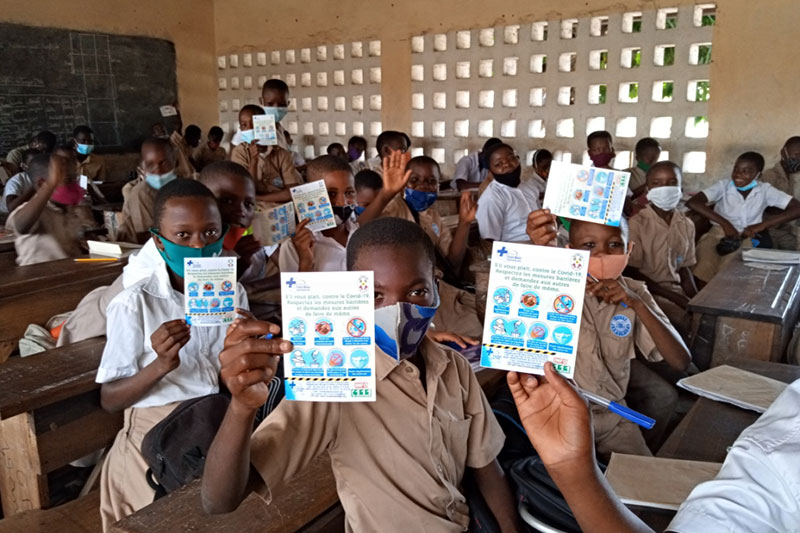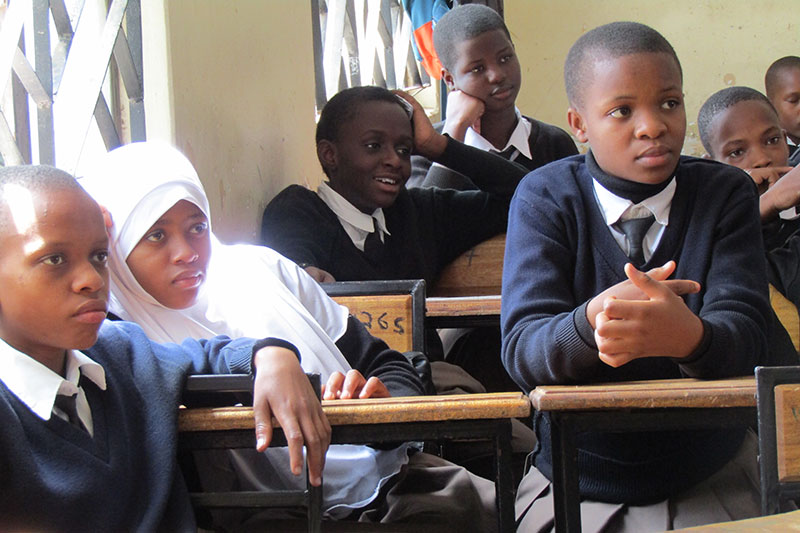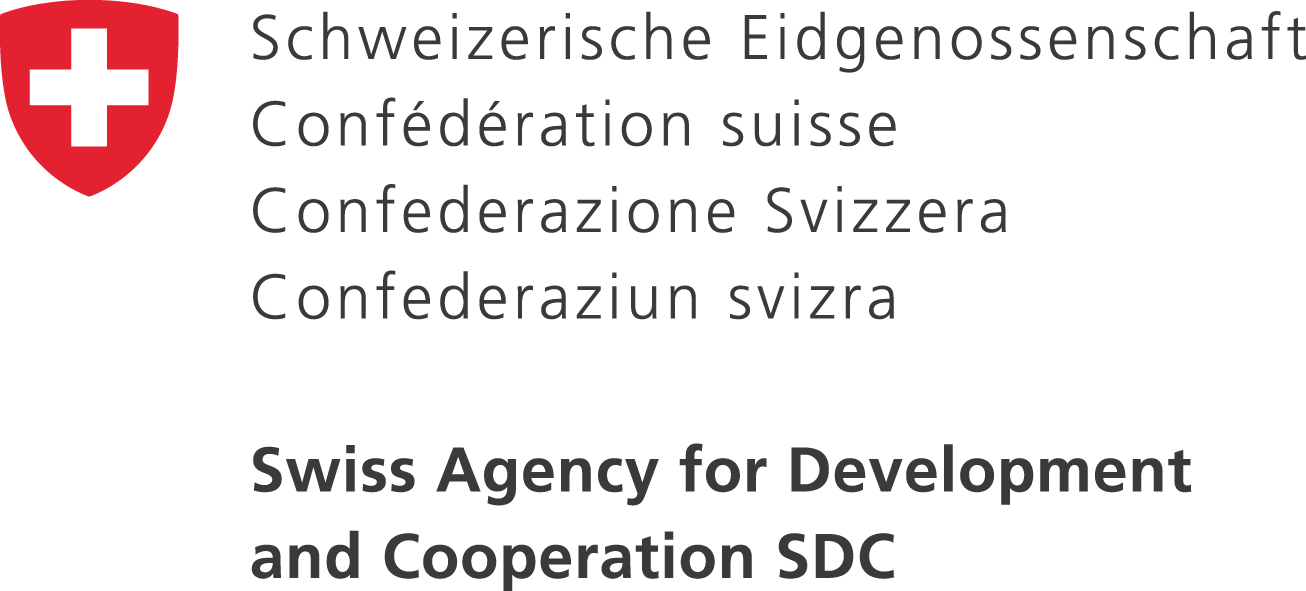Life Skills
and Peer Education programme
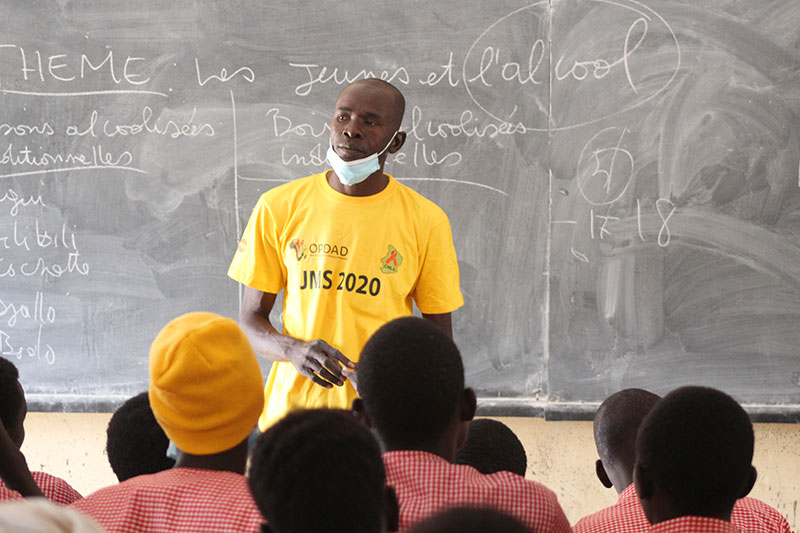
The harmful impact of alcohol and other drug use on sustainable development can be seen in many African countries, where public welfare and health systems are weak. Beer, wine and spirits are conquering local markets with the help of aggressive advertising by the alcohol industry. Legal protection measures are largely not implemented, although young people are particularly vulnerable to alcohol and other drug consumption. In an environment of poverty and unemployment, often coupled with family problems, social pressure and a lack of awareness of the consequences of alcohol and other drug consumption, many youths are prone to be harmed by alcohol and other drugs.
In response to the need for effective protection of young people being harmed by alcohol and other drugs, IBC and its local partner and member organisations implement the “Life Skills and Peer Education” programme. The holistic prevention programme targets disadvantaged youth and helps them to develop a healthy life perspective. By preventing youth from being harmed by alcohol and drugs, the programme decreases violence and diseases such as HIV/ AIDS in communities and enables the youths to lead fulfilled lives.
Intervention Strategy
The Life Skills approach, which shapes the educational work within the programme, is based on promoting positive behaviour change in the long term. Programme participants are trained over a period of one year through regular life skills sessions to understand the links between addiction, HIV, discrimination and (gender-based) violence, and to question their own behaviour. Through active “self-learning” and under the guidance of trained life skills facilitators, the youth acquire everyday life skills that protect them from addiction, disease, violence and peer pressure.
The programme targets youths in and out of schools, such as street children, young workers and teenage mothers but also their parents and community members. The Life Skills programme was launched in Chad in 2010 and was followed by the Republic of Congo in 2013. Based on the experience gained in these countries, the programme’s activities were extended and adapted to Togo in 2018 and Tanzania in 2020.
Life Skills
In the weekly Life Skills trainings, qualified trainers of the Blue Cross help participants to develop self-esteem, self-awareness and decision-making skills. In the training sessions young people acquire better communication skills and learn to resolve conflicts peacefully. The Life Skills sessions empower the youths emotionally, socially and economically by capacitating them to solve problems and deal with difficulties in their lives. Saying “no” to alcohol and drugs is an important part of that.
Furthermore, programme activities focus on HIV/AIDS infections as a possible consequence of alcohol and drug consumption and motivate students to reflect on gender equality in an environment where patriarchal norms are prevalent and violence against women and girls is widely accepted. The training is based on active ‘self-learning’ to enable personal development. Each participant enrols for one school year in the Life Skills programme, attending the sessions on a weekly basis.
Workshops are also held with parents and teachers to reduce the risk of substance use and increase awareness about the related issues. They learn how to best protect young people from harm caused by substance use, and how to bring about sustainable behaviour change. For example, parents and teachers are shown non-violent parenting methods that focuses on dialogue with children (positive discipline).
Finally, the projects have put in place referral mechanisms for victims of violence or substance abuse, who offer professional medical, psychological and legal care in case of need. Girls Support group for survivors of gender-based violence help young girls talk about their experiences and break the culture of silence that exists around these topics in many countries. In addition, IBC actively engages men and boys in the journey towards gender equality.
Peer Education
Selected participants have the possibility to be trained as Peer Educators, who pass on what they have learnt in the Life Skills sessions to other youth – their peers. Peer Education is based on role modelling and the ability of young people to become leaders and agents of change through empowerment and support. By leading regular meetings and activities with other young people, Peer Educators act as multipliers nurturing the development of social and interpersonal competencies. This way, sustainable healthy behavioural patterns are being formed within communities of young people.
Involvement of decision makers
In parallel, the Blue Cross coordinates closely with local authorities, religious leaders and the media. IBC involves parents and community leaders in order to limit young people’s access to alcohol and other drugs and to reduce the risk of substance abuse. Awareness campaigns about the dangers associated with alcohol and drug use at recreational facilities, churches and within the community are being carried out regularly.
Programme Specifics
Objectives:
- Enhance children’s and youth’s well-being through improved life skills
- Increase knowledge among children and youth about gender inequality and the link with alcohol-related harm
- Empower citizen to act collectively to prevent harmful use of alcohol and drugs
Activities:
- Conduction of interactive Life Skills Sessions to build awareness and strengthen life competencies
- Formation of young Peer Educators, who pass on their skills acquired in the Life Skills sessions to other young people
- Public awareness raising campaigns and sensitisation of parents, teachers and politicians on the danger of alcohol and drugs.
Target Group:
Students of secondary schools, motor taxi drivers and youth outside the school context between 12 – 25 years.
In addition, the programme works with local leaders, teachers and parents.
Funders and partners:
The programme is supported by the Swiss Agency for Development and Cooperation SDC, Federal Department for Foreign Affairs FDFA, Bread for All, implementing partners, national IBC member organisations, private funds.
Budget / total volume:
1,2 Mio CHF for the actual programme phase
Partner Organisations
La Croix Bleue du Togo
Blue Cross Society of Tanzania
CTPAD – generation 5s
Success Stories
Atchon, Blue Cross Togo, Lomé, 2020

